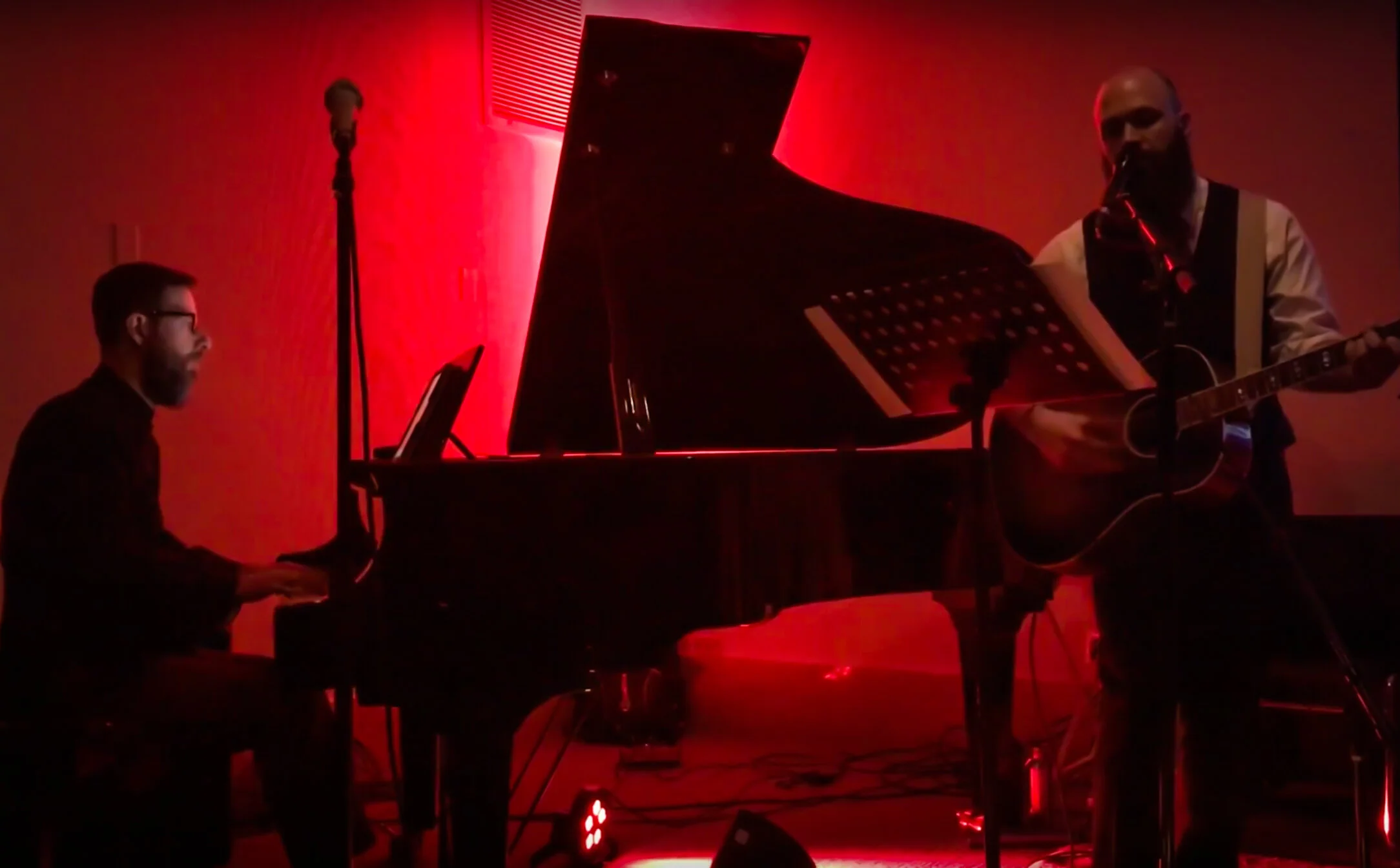My approach to Jungian analysis has been profoundly influenced by the two artistic passions I have pursued in my life - music and photography. Particularly when teaching, accompanying or performing with colleagues, establishing a trusting, safe space that encourages vulnerability and honesty is as crucial in music as it is in analysis. And though I’m not a music therapist, I find that investigating the music a person is drawn to in times of crisis can be extremely helpful in analysis.
Rodney performs his arrangement of “Song to the Moon” from Dvorak’s opera Rusalka and discusses the relationship between music and Jungian analysis.
Quiet Music by Nico Muhly
Performed by Rodney Waters, piano
Charles Ives, Violin Sonata No. 3
Curt Thompson, violin; Rodney Waters, piano
Embodying the Soul - a project about tattoos presented at the Jung Center of Houston by Rodney Waters and Kate Burns.
Spirit and the Trickster perform their new song Jung's Lament. Quotes and images by C. G. Jung.
John Price, guitar and vocals; Rodney Waters, piano




